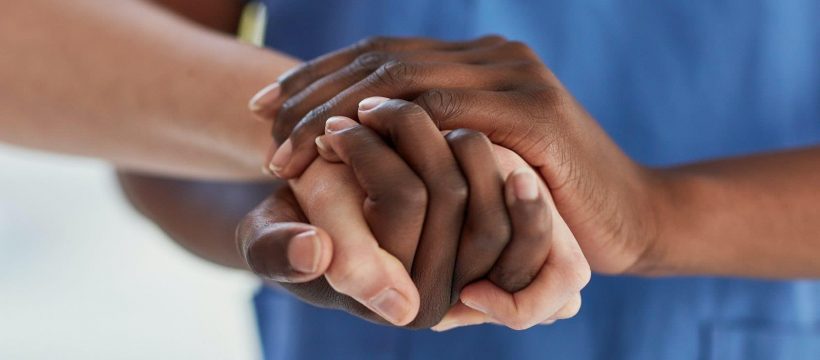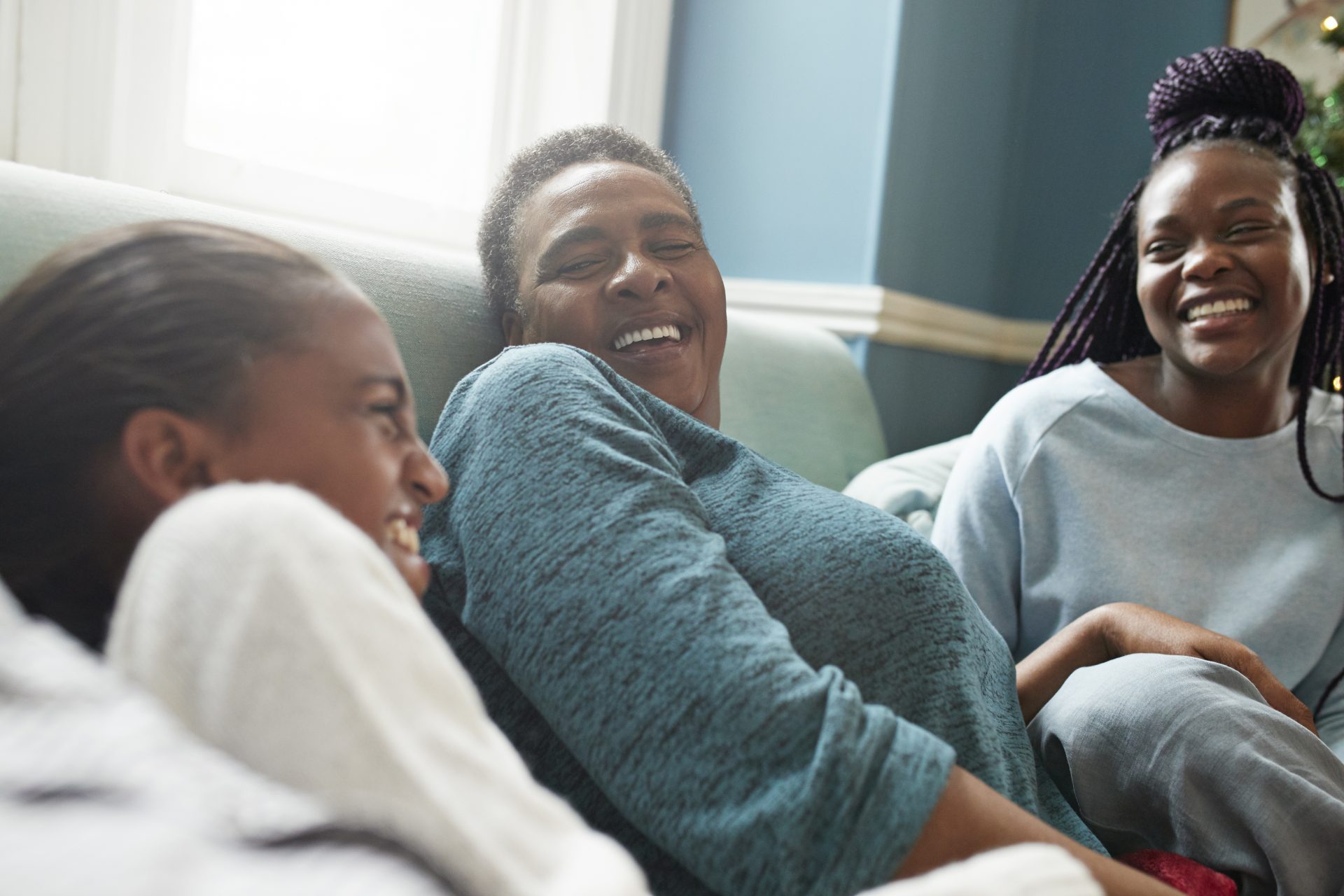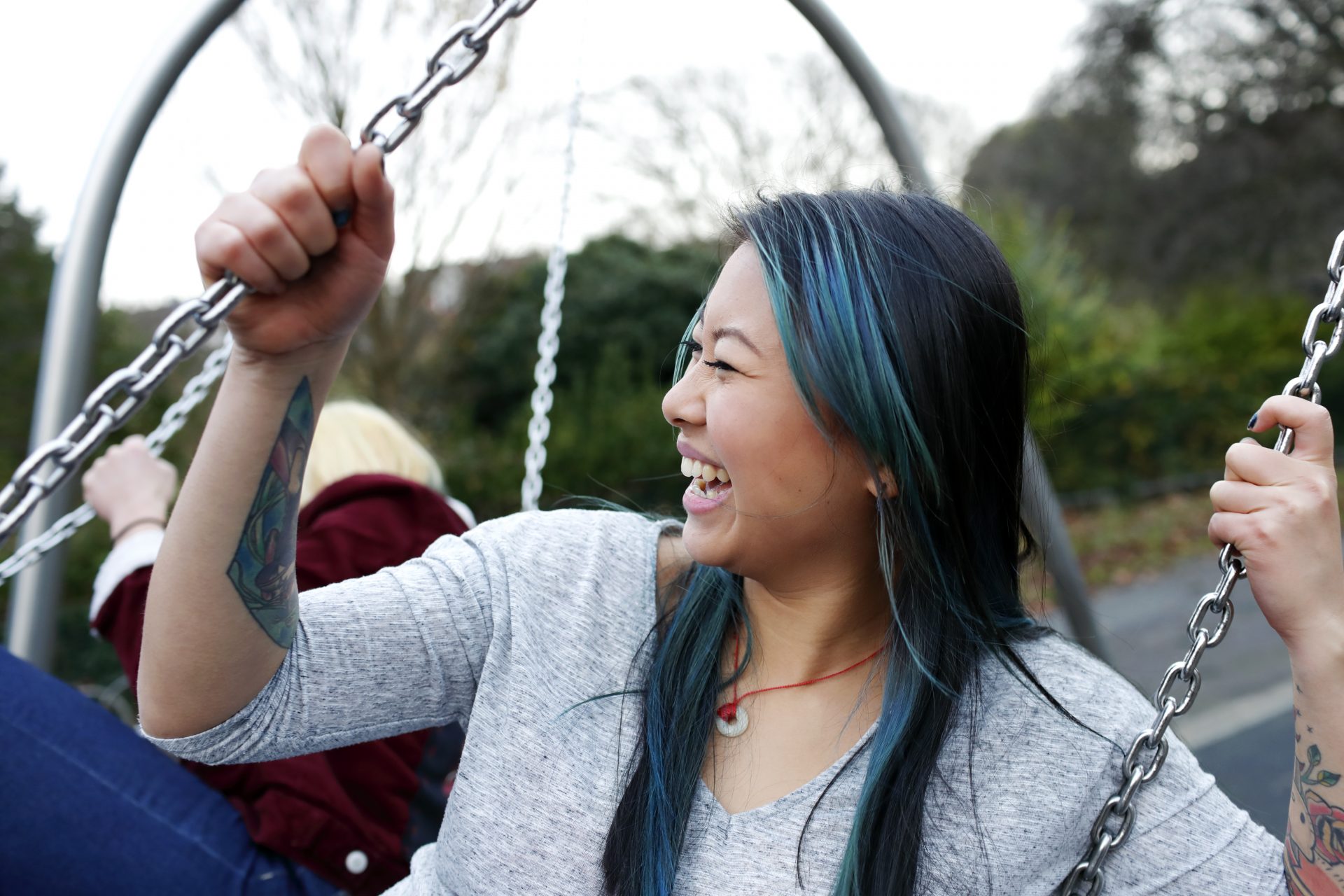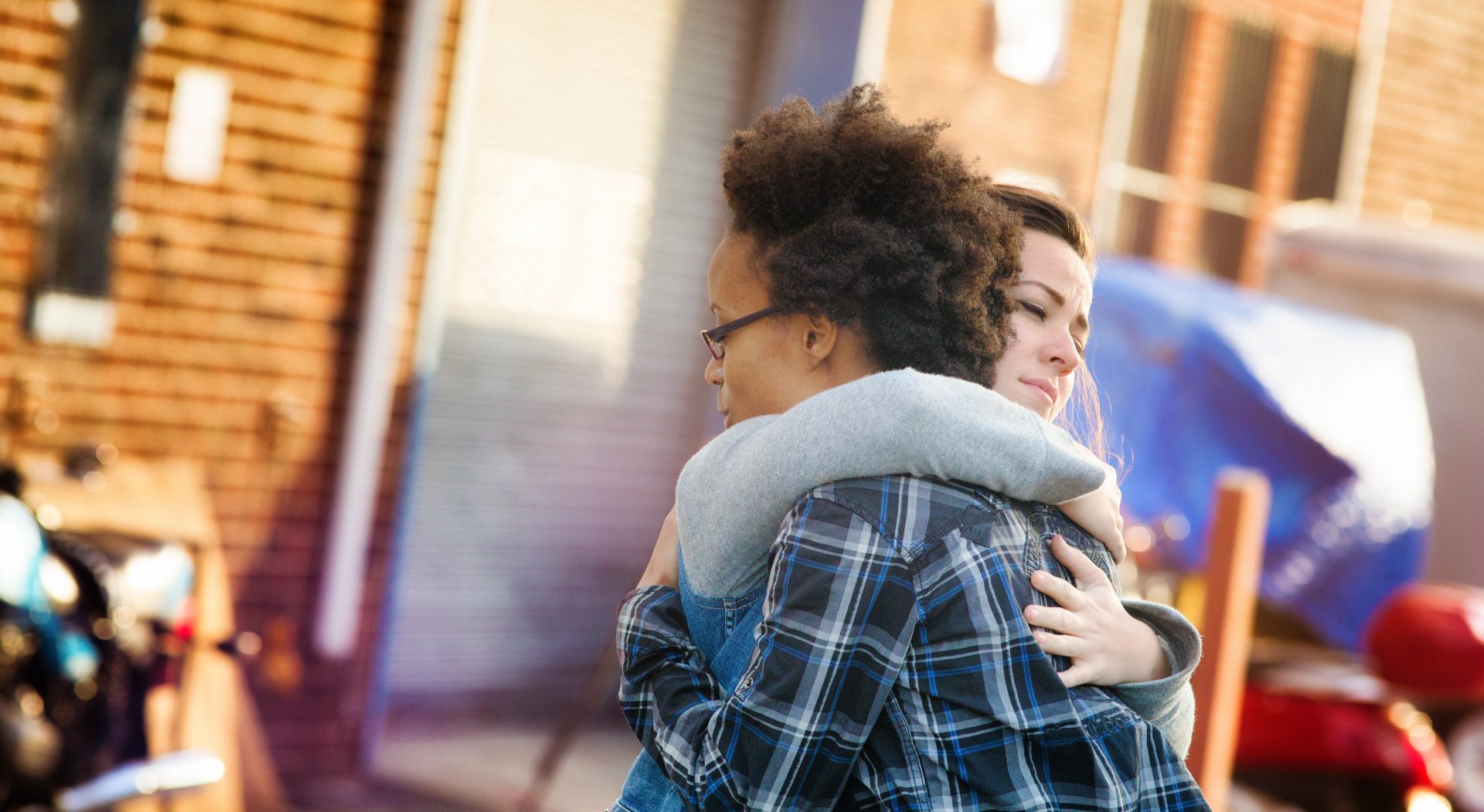Written by Kayleigh Dray
Kayleigh Dray is Stylist’s digital editor-at-large. Her specialist topics include comic books, films, TV and feminism. On a weekend, you can usually find her drinking copious amounts of tea and playing boardgames with her friends.
Meaningful and achievable? These new year’s resolution ideas, as shared by Marie Curie nurses, are well worth paying attention to.
It’s been one hell of a year, hasn’t it? And, with our plans for New Year’s Eve 2022 looking very different to what they used to be (goodbye expensive nightclubs, hello takeaway on the sofa!), it makes sense that our resolutions will look different, too.
Why? Well, because while a sense of uncertainty and confusion still pervades proceedings, the unprecedented challenges of the coronavirus pandemic have also offered us plenty of room for reflection, too.
And so, while we’d usually make a half-hearted promise to stop drinking and start exercising before the clock strikes midnight on 31 December, we’d prefer to put a bit more thought into our resolutions this time around.
Strike that, actually: we’d prefer to put a lot more thought into our resolutions.
With this in mind, then, we’ve reached out to the Marie Curie nurses who offer care and support to those people living with all terminal illnesses.
Sharing the lessons they’ve learned working with those at the end of their lives, these brilliant men and women have given us a lot to consider when it comes to making our plans for the year ahead.
And remember: while it’s easy to make promises for 1 January, these are the sort of meaningful, achievable new year’s resolutions we should strive to adhere to every single day for the rest of our lives, too.
Talk about what’s important to you
“The uncertainty of the pandemic has shown how important it is to make sure the people close to you know your wishes, that they understand what is important to you. It’s not morbid to talk about how you want to be cared for at the end of life, knowing those who care about you understand your wishes can mean less time is spent worrying and more time spent together.”
Adam Graham, trainee advanced nurse practitioner at the Marie Curie Hospice, Newcastle.
Make time for yourself
“In an increasingly busy life we can get too carried away with being everything to everyone. It’s important to take some time out to recharge and reflect on the world around us. As my grandmother always told me “you can’t look after everyone, if you can’t look after yourself.” This is especially true throughout the pandemic, as nurses can become very focused on our patients and not ourselves and become burnt out.”
Sarah Higgins, registered nurse at the Marie Curie Hospice, Cardiff & the Vale.
Appreciate all the little things in life, because these are actually the big things
“During the pandemic the ‘little things’ really became the big things, not being able to leave your house, or go to a park with your child, popping over your friends for a cuppa tea. All these things we take for granted, our patients have missed out on so much due to self-isolation and all of the rules. I feel really sorry for anybody going through a terminal illness this year as they haven’t had the chance to make memories or see their friends and families as much as they have wanted. So, my advice is to always appreciate the little things because when they are taken off you, you realise that they were actually the big things.”
Lisa Cartwright, specialist palliative care nurse at the Marie Curie Hospice, Cardiff & the Vale.
And on that note…
“Take the time to appreciate your family and friends more. Because remember: not being able to see them over the past two years has been really difficult.”
Becky Lowden, Marie Curie registered nurse, Scotland.
Be honest about how you feel
“As nurses, we see often that caring for someone with a terminal illness can involve dealing with different feelings and uncertainty. It can be extremely challenging and often upsetting. We encourage families, carers and patients to talk and seek help, as well as nurses, who need to share their emotions too. Often carers and nurses alike say we are ‘OK’ when actually we could do with seeking some help or just offloading to a friendly face.”
Susan Dey, Marie Curie healthcare assistant in Leicestershire.
Show compassion whenever and wherever you can
“This year has thrown so many unknown challenges at everyone, causing anxieties that many people have never experienced in their lives personally which has an impact on their work roles. Having to care for our vulnerable patients and their families whilst remaining professional and in a normal manner has become even more important than ever before. To say the impact has changed my view on life and death is an understatement: next year, I will be making an effort to embrace the important things in life. Not just friends and family, but nature, closeness, love, understanding and compassion, too.”
Kim Fowler, clinical nurse specialist, at the Marie Curie Hospice, West Midlands.
Be there for those in need
“What does it mean ‘to help someone?’ It has taught me to love, to listen, to care, to respect and support one another at end of life care. Be honest and open. Some people may not want to talk at all, but may just want you at their side holding their hand, listening to music, reading a book or they may just want to feel your presence.”
Jan McCartney, assistant social worker at the Marie Curie Hospice, Glasgow.
Live in peace
“I have decided to be at peace with people rather than wait till it’s too late. Live in peace with everyone: end feuds, show compassion, strive to forgive wherever you can. Don’t wait to die and rest in peace.”
Olayinka Adeleye, Marie Curie healthcare assistant in Berkshire and Buckinghamshire.
Be present and in the moment
“It’s a very true saying that ‘tomorrow is promised to no-one’ and we always think that we have time to do the things we want to do – go on a special holiday, learn how to play an instrument, whatever we have always aspired to. The truth is we don’t know what lies ahead so make the most of the time we have now, don’t put things off, make the most of every day.”
Gillian O’Donnell, bereavement services coordinator, at the Marie Curie Hospice, Glasgow.
And on that note:
“Never forget the events of the past two years. Because, if they’ve taught us anything, it’s this: you never know what tomorrow brings or takes away.”
Margaret Laidlaw, IPU nurse manager at the Marie Curie Hospice, Glasgow.
Strive for spontaneity
“Be spontaneous, appreciate what you’ve got and be thankful for little things.”
Ada Michalak, Marie Curie healthcare assistant, Scotland.
And remember: it’s never too late to be best you can be
“I hope this year will help me to see things differently and enjoy every second of life. I hope I feel things I haven’t felt before. I hope I can share my love of Marie Curie and who we are to everyone in my community and care for many more dying patients and their families. I hope I have the good health to make this all possible and we have the strength and courage as a nation to rebuild ourselves to being the best we can be.
“And for what it’s worth… it’s never too late, or in our case too early, to be best we can all be. We have proven in this desperate, sad time of this pandemic that we are the ones who can make changes and make them for the good of all. We shouldn’t have needed a pandemic to make us better neighbours, colleagues, friends or family members. We live in a world where we can make the rules and the changes, we can make the best or the worst of it.”
Alma Ainslie-Davies, Marie Curie healthcare assistant & key trainer patient handling, Grampian.
Marie Curie is the UK’s leading end of life charity, supporting people through all aspects of dying, death and bereavement. Marie Curie Nurses work on the front line, night and day, in people’s homes across the UK, providing hands-on care and vital emotional support. They help people living with a terminal illness to feel safe, supported and cared-for in the place where they’re most comfortable.
Marie Curie’s information and support line is available for anyone with any questions about dying, death, bereavement and terminal illness. Call free on 0800 090 2309 or visit their website now.
Images: Getty
Source: Read Full Article



